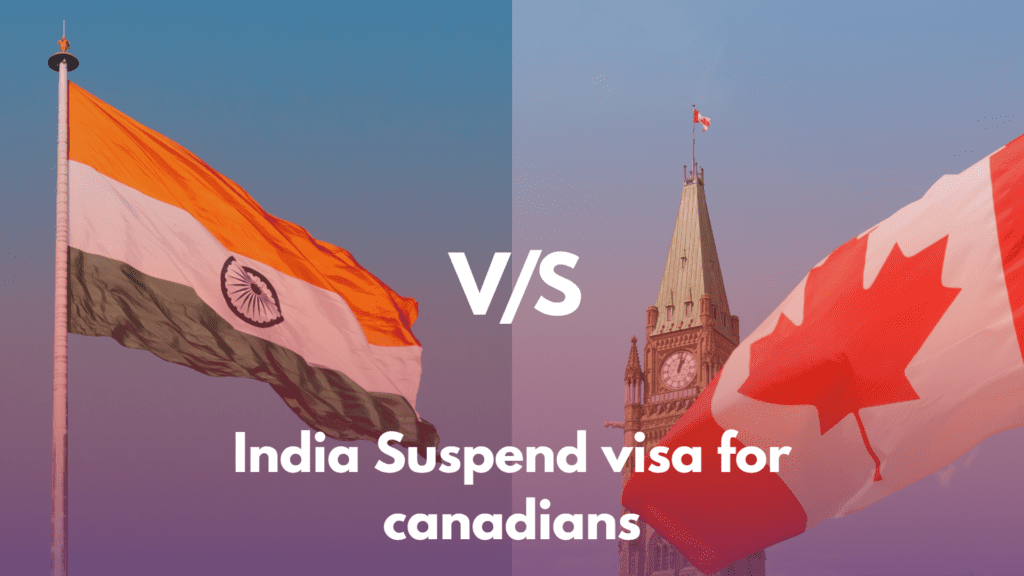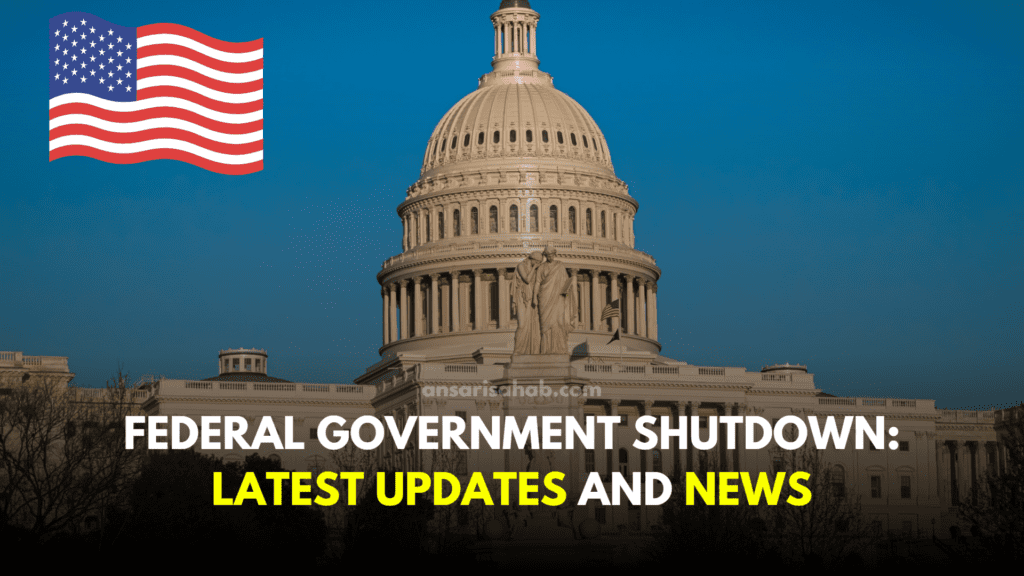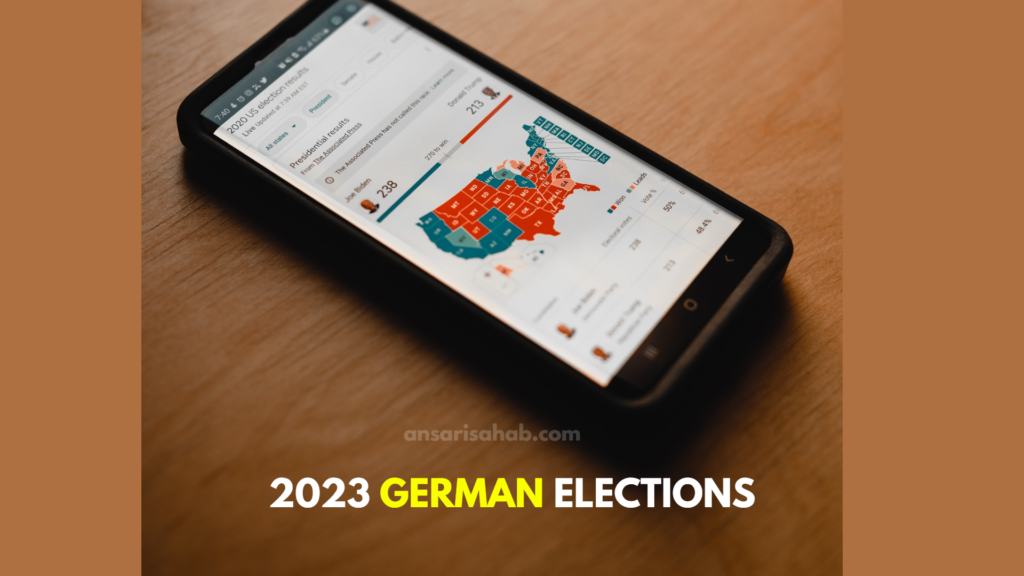Starbucks, the globally recognized coffeehouse chain, has found itself at the epicenter of a growing boycott movement. The movement, driven by diverse concerns including the company’s perceived stance on the Israeli-Palestinian conflict, labor practices, and support for transgender rights, has been gathering momentum. In this comprehensive exploration, we will delve into the multifaceted reasons behind the Starbucks boycott, examining its impact, Starbucks’ responses, and the complexities of this ongoing issue.
Allegations of Support for the Israeli Government
One of the principal drivers of the Starbucks boycott is the accusation of the company’s support for the Israeli government. Critics argue that Starbucks has donated to pro-Israel organizations and has established stores in West Bank settlements, considered illegal under international law.
The Palestinian Campaign for the Academic and Cultural Boycott of Israel (PACBI) initiated a boycott of Starbucks in 2019, claiming that the company’s involvement in Israel is complicit in human rights abuses against Palestinians.
Allegations of Labor Violations
In addition to its perceived stance on the Israeli-Palestinian conflict, Starbucks has come under scrutiny for alleged labor rights violations. The National Labor Relations Board (NLRB) found Starbucks guilty of unlawfully terminating seven employees who were trying to unionize in Buffalo, New York in 2021.
The NLRB determined that Starbucks had created a hostile work environment for union supporters by employing tactics such as intimidation, threats, and discipline of employees involved in unionization efforts.
Boycott Gains Traction
The boycott of Starbucks has been gaining traction, with various groups advocating for people to abstain from patronizing the coffee chain. Notable actions include student activists’ protests and calls for a boycott at universities, as well as social media campaigns encouraging the public to join the movement.
In one such incident, students at Loyola Marymount University in Los Angeles organized a demonstration, demanding a boycott of Starbucks in light of its alleged labor practices and insisting that the company sign a neutrality agreement with its employees.
Read Also: Mark Zuckerberg Undergoes Surgery After Tearing ACL During MMA Training
Impact of the Boycott on Starbucks
The boycott has undeniably had an impact on Starbucks, with a noticeable decline in the company’s stock price and negative publicity. Following the NLRB ruling in Buffalo, Starbucks‘ stock price fell by 6% in a single day. Public figures, including actress Sarah Silverman, have joined the call for a boycott based on concerns about labor practices.
Starbucks Responds to Boycott
Starbucks has consistently denied the allegations against it, asserting a commitment to ethical sourcing and responsible business practices. The company also expressed its dedication to fostering an inclusive environment for both its employees and customers.
Conclusion
The Starbucks boycott is a multifaceted issue with no straightforward resolution. Concerns regarding the company’s operations in Israel, labor practices, and support for transgender rights have fueled the boycott movement. The impact of this boycott, coupled with Starbucks’ responses, reflects the complexity of the issue and the significance of being informed when making a decision regarding participation in the boycott.
Additional Information
Here are additional insights into the Starbucks boycott:
- The boycott of Starbucks has gained support from various groups, including labor unions, pro-Palestinian activists, and transgender rights advocates.
- The boycott is likely to continue shaping the company’s actions and public perception, necessitating ongoing attention to its developments.
- The Starbucks boycott serves as a prominent example of the delicate balance multinational corporations must maintain between their business interests and social responsibility.
With its multifaceted nature and the wide array of voices involved, the Starbucks boycott continues to evolve and requires careful consideration from all stakeholders.









